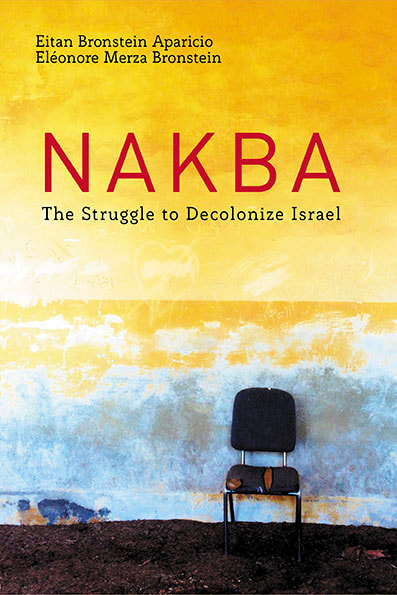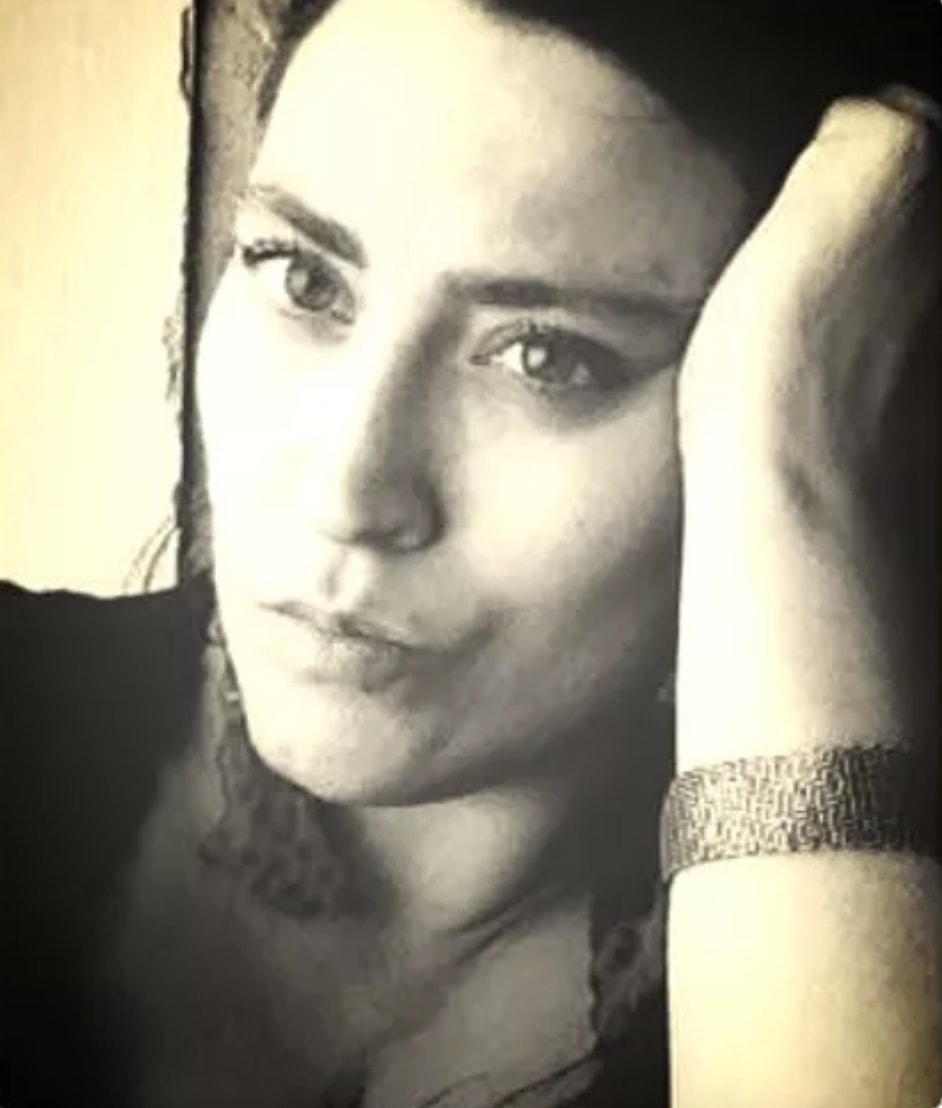Nakba |
NAKBA
The Struggle to Decolonise Israel Eitan Bronstein Aparicio & Eléonore Merza Bronstein In 1948 three-quarters of a million Palestinians were expelled from their land and and some 615 villages were destroyed in order to establish the state of Israel. This is known as the Nakba (“catastrophe” in Arabic). It is it is something which was, for a long time, not discussed in Israel. And it took 15 years of political debate to place discussion of this subject at the centre of Israeli acknowledgment of the Palestinian situation. This was, essentially, the front line of a battle against an established colonial narrative which started at the end of the 19th century and which continues to this day.
This important book explores the experience of Eitan Bronstein, a leading voice for political change in Israel. How did this young Israeli kibbutznik, once a left-wing Zionist, become a radical anti-Zionist? This account draws together a moving personal story with the unrolling of an epic section of history. It highlights how Israelis see the Nakba and explores their responses to Palestinian insistence on the right of return. In essence, it is a window on Israeli society itself. What emerges is the hope that a new generation of Israelis will free themselves from a collective colonial identity and will conceive of a way of cohabiting on this land legitimately, in a way that will be fair for all. The struggle to discuss the book:
Israeli Culture minister Miri Regev sought to to create a new law preventing any discussion of the Nakba. She also asked Jerusalem mayor, Nir Barkat, to seek a court order prohibiting the discussion of "Nakba in Hebrew" at Barbur Art Gallery. See her letter to the Attorney General and read the story in Ha'aretz. |
About the Authors
Eitan Bronstein Aparicio is an Israeli educator. He received his MA in Hermeneutics from Bar Ilan University. After serving for over ten years as the coordinator of encounters and projects between Jews and Arabs at the School for Peace at Neve Shalom – Wahat al-Salam – he founded the NGO Zochrot and served as its Director until 2011. He is the author of numerous articles. Among them "The Nakba in Hebrew: Israeli-Jewish Awareness of the Palestinian Catastrophe and Internal Refugees," in Masalha, Nur (ed.), Catastrophe Remembered: Palestine, Israel and the Internal Refugees: Zed Books, 2005. In 2015 he co-founded De-Colonizer and is its current co-director. He is also a video director and editor.
Eléonore Merza Bronstein - Political anthropologist and associated researcher at the CNRS (the French National Scientific Research Council). She devoted her MA and BA to the issues of collective memory of populations in migratory, minority and marginalized situations and/ or in exile. In her PhD, conducted at the Ecole des Hautes Etudes en Sciences Sociales (EHESS) in Paris, she analyzed the settings of non-Jewish citizenship in Israel and the political power games/ relations between minorities and the State as well as the political collective mobilizations. Since her post-doctoral researches done at the French Center of Research in Jerusalem, she continues to question and re-examine the modalities of a shared living in the Israeli society, the making of (re)constructed and (re)mobilized identities as well as the figure of the "Other" as the threat, the enemy, the being perceived as different. Her main fields of research are social protests, political mobilizations, gender and feminisms and memory activism. In 2015, she co-founded De-Colonizer and is its current co-director. She is also a photographer and a writer.
|





